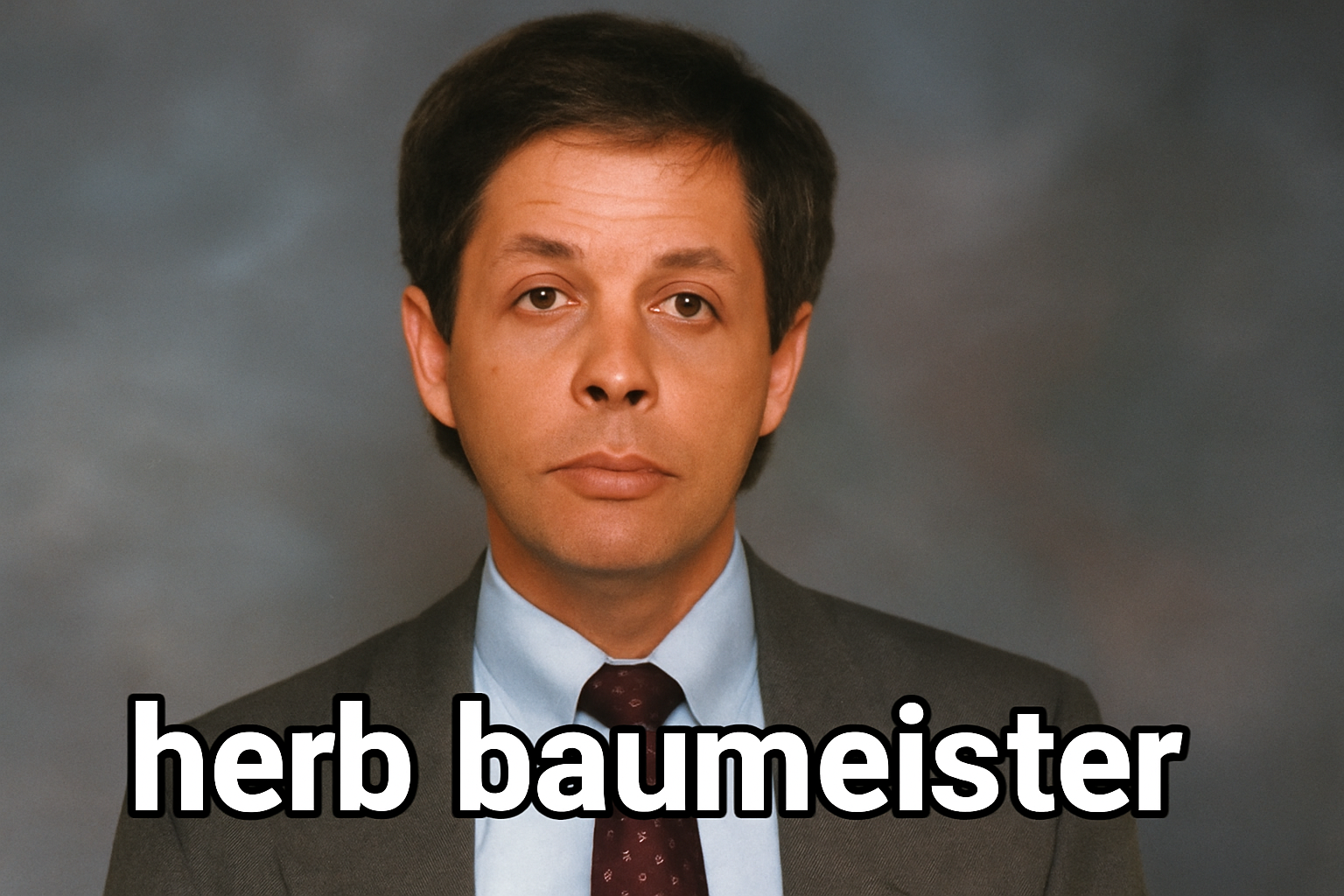Herb Baumeister: The Dark Legacy of a Businessman and Suspected Serial Killer

Introduction
Herb Baumeister remains one of the most chilling figures in American criminal history. On the surface, he was a successful businessman, a husband, and a father. Beneath that respectable image, however, investigators later uncovered a horrifying double life connected to the disappearance and deaths of numerous young men. His name has since become synonymous with Fox Hollow Farm, an Indiana estate that turned into one of the most notorious crime scenes in the Midwest.
This article explores Herb Baumeister’s biography, his family background, professional career, suspected crimes, and the legacy that continues to echo decades after his death. It highlights both the positive and negative aspects of his story—his rise as a business owner and his descent into infamy as one of the most feared suspects in serial murder cases.
Quick Bio
| Category | Details |
|---|---|
| Full Name | Herbert Richard Baumeister |
| Date of Birth | April 7, 1947 |
| Place of Birth | Indianapolis, Indiana, USA |
| Nationality | American |
| Ethnicity | White |
| Parents | Dr. Herbert Eugene Baumeister (father), Elizabeth Baumeister (mother) |
| Spouse | Juliana “Julie” Saiter (m. 1971) |
| Children | Three |
| Occupation | Businessman, owner of Sav-A-Lot thrift stores |
| Known For | Suspected serial killings linked to Fox Hollow Farm |
| Died | July 3, 1996, Ontario, Canada (suicide) |
Early Life and Family Background
Herb Baumeister was born on April 7, 1947, in Indianapolis, Indiana. He grew up as the eldest of four children in a middle-class family. His father was a respected anesthesiologist, while his mother took care of the household. As a young boy, Herb’s life seemed normal on the outside, but he displayed early signs of troubling behavior. Teachers and classmates noticed his fascination with death, his tendency to play with dead animals, and his increasingly antisocial actions.
By his teenage years, Baumeister’s mental health became a significant concern. He underwent psychiatric evaluations and was diagnosed with disorders, including paranoid schizophrenia and antisocial personality traits. Despite these warning signs, he was never provided with sustained treatment, leaving his darker tendencies unchecked.
Education and Early Career Path
Herb Baumeister attended North Central High School in Indianapolis, graduating in 1965. He later enrolled at Indiana University but dropped out after one semester. He rejoined in 1967 but failed to complete his studies. In 1972, he briefly attended Butler University before abandoning his education altogether.
Following his unsuccessful academic journey, Baumeister tried to find stability in employment. He worked as a copyboy at the Indianapolis Star and later at the Bureau of Motor Vehicles. His time there was cut short due to erratic and inappropriate behavior, including a notorious incident where he urinated on a superior’s desk. This pattern of instability followed him into adulthood.
Marriage and Family Life
In November 1971, Herb Baumeister married Juliana “Julie” Saiter, a teacher and fellow student at Indiana University. Together they had three children and appeared to lead a conventional suburban family life. However, their marriage was marked by distance and a lack of intimacy, with Julie later revealing that they were intimate only a handful of times in more than two decades.
Despite these challenges, the family projected an image of success. In 1991, they moved to Fox Hollow Farm, a grand 18-acre estate in Westfield, Indiana. The property symbolized prosperity but would later become the center of one of America’s most horrifying murder investigations.
Rise as a Businessman
Herb Baumeister’s most visible success came in the late 1980s when he founded a chain of thrift stores called Sav-A-Lot. With his wife’s support and financial backing from his mother, he expanded the stores and created a profitable venture. The success of this business allowed the Baumeisters to afford Fox Hollow Farm, elevating their social status.
At this point, Baumeister was seen by many as a hardworking entrepreneur, community member, and family man. Yet, behind the thriving business and suburban respectability, he was living a sinister double life that would eventually unravel.
The Crimes Linked to Fox Hollow Farm
Between the late 1980s and early 1990s, young men from the Indianapolis area began disappearing. Many of them were last seen in or near local gay bars. Suspicion later pointed toward Herb Baumeister, who was believed to lure victims to Fox Hollow Farm.
In 1994, his son discovered a human skull on the property. Herb dismissed it as part of a medical skeleton from his late father’s collection. For a time, this explanation went unquestioned. However, suspicions grew, and in 1996, investigators gained access to the estate. What they discovered shocked the nation.
Police uncovered more than 10,000 charred and crushed human bone fragments across the property. These remains were linked to at least 11 individuals, though authorities suspect the true number of victims could be 20 or more. The chilling discoveries transformed Fox Hollow Farm into a crime scene forever associated with tragedy.
Flight and Death
As law enforcement prepared to arrest him, Herb Baumeister fled to Ontario, Canada. On July 3, 1996, he ended his life by suicide at Pinery Provincial Park. He left behind a note blaming his failed business and marriage but made no mention of the crimes or the lives lost. His death closed the possibility of a trial, leaving many questions unanswered and justice incomplete.
Suspicions About the I-70 Strangler
Beyond the confirmed discoveries at Fox Hollow Farm, Baumeister is also suspected of being the “I-70 Strangler.” This unidentified killer was linked to multiple murders of men along Interstate 70 in the 1980s. Although circumstantial evidence connects him to the pattern, no conclusive proof has been found, and the case remains unresolved.
Latest News and Renewed Investigations
Decades after his death, the case of Herb Baumeister continues to develop. Advances in forensic technology and genetic genealogy have allowed investigators to identify more of the victims. Families of men who disappeared during that era are encouraged to submit DNA samples to aid in identification.
In recent years, cadaver dogs and forensic experts have uncovered additional remains at Fox Hollow Farm. As of 2025, at least 13 victims have been positively identified, bringing long-awaited closure to grieving families. Documentaries and podcasts continue to revisit the story, ensuring the memory of the victims is not forgotten.
Legacy
Herb Baumeister’s legacy is one of stark contrasts. On one hand, he is remembered as a successful businessman and family man who achieved the suburban American dream. On the other, his name is forever tied to gruesome crimes, loss of innocent lives, and unanswered questions.
His case has served as a cautionary tale about hidden darkness beneath outward respectability. The Fox Hollow Farm murders also highlight the importance of modern forensic work, as efforts to identify victims continue decades later. Today, his story remains part of America’s grim true-crime history, reminding society of the dual lives people may lead.
Conclusion
The story of Herb Baumeister is a disturbing reminder that appearances can be deceiving. He lived two lives—one as a respected businessman, the other as a suspected serial killer. His crimes shattered families, devastated communities, and left an enduring mark on criminal history. Yet, through continued investigations, the truth about his victims is gradually being revealed, ensuring they are remembered rather than forgotten.
FAQs
Q1: Who was Herb Baumeister?
Herb Baumeister was an American businessman and suspected serial killer linked to multiple murders at Fox Hollow Farm in Indiana.
Q2: How many victims were found on his property?
Investigators discovered thousands of bone fragments belonging to at least 11 individuals, though the suspected total may exceed 20.
Q3: What business did Herb Baumeister own?
He founded Sav-A-Lot thrift stores in Indianapolis, which provided him with wealth and status before declining financially.
Q4: How did Herb Baumeister die?
He died by suicide in July 1996 at Pinery Provincial Park in Ontario, Canada, before he could be arrested.
Q5: Is he connected to the I-70 Strangler case?
He is considered a prime suspect, but investigators never found conclusive evidence to confirm this connection.



